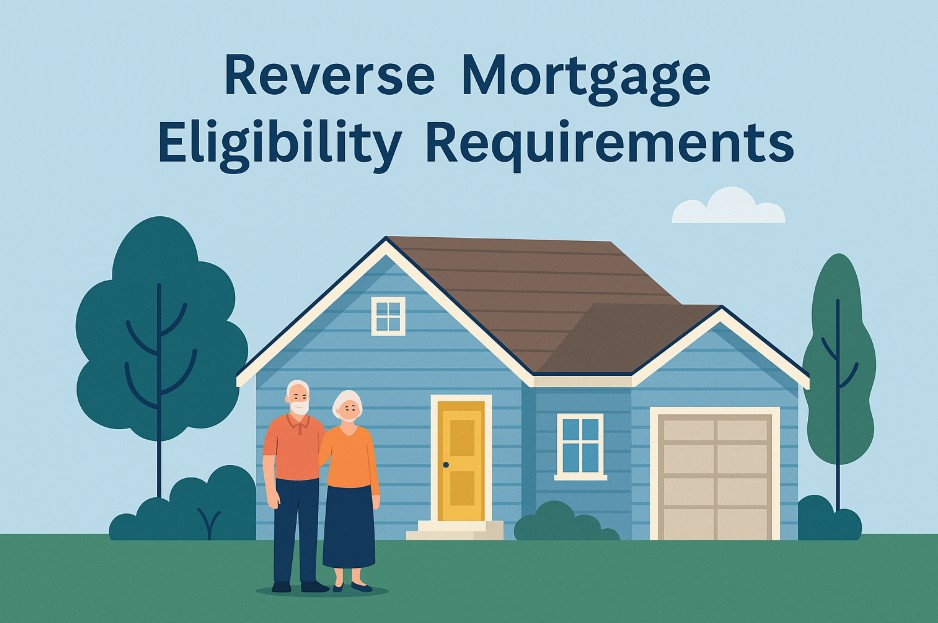


To qualify for a reverse mortgage in Florida, you must meet the following key eligibility criteria:

To be eligible for a HECM reverse mortgage:
You must be at least 62 years old.
For proprietary (jumbo) reverse mortgages, the minimum age is often 55, giving younger homeowners additional options.
If you’re married or applying jointly, at least one borrower must meet the age requirement.
To qualify:
You must own the home outright, or have a significant amount of equity (typically 50% or more).
The home must be your primary residence - you must live in the property at least six months out of the year.
Florida properties eligible for reverse mortgages include:
Single-family homes
FHA-approved condos
Townhomes
Some manufactured homes (must meet FHA guidelines)
Second homes, vacation homes, and rental investment properties are not eligible.
Your home must be in good, livable condition and meet FHA property standards. If there are necessary repairs (such as roof damage, mold, or safety concerns), those must be completed before or during the reverse mortgage process. Some repairs may be financed using the loan proceeds.
To ensure the reverse mortgage remains sustainable, lenders will perform a financial assessment, which includes:
Reviewing your credit history
Evaluating income and monthly obligations
Ensuring you have the ability to continue paying property taxes, homeowners insurance, HOA fees, and maintenance costs. These are YOUR responsibilities.
If needed, a Life Expectancy Set-Aside (LESA) may be created to pay these expenses from loan proceeds.
Before applying for a reverse mortgage in Florida, HUD-approved reverse mortgage counseling is required. This session:
Helps you fully understand the pros and cons
Explains alternatives and obligations
Is conducted by an independent third-party counselor (via phone or in person)
Once counseling is complete, you’ll receive a certificate required to proceed with the loan.
Florida has specific benefits and protections for seniors, making it one of the best states for reverse mortgages:
Homestead exemption protections may apply
No state income tax, meaning more value from your loan proceeds
Many homes have experienced significant equity growth, increasing potential loan amounts
Whether you’re living in Fort Lauderdale, St. Petersburg, or The Villages, Florida’s real estate market and senior-friendly tax environment make it an ideal place for reverse mortgage planning.
Yes. You can use a reverse mortgage to pay off your existing mortgage, eliminating monthly payments.
If your spouse is under 62, they may be considered a non-borrowing spouse and can still remain in the home under certain protections.
No. While your credit is reviewed, reverse mortgages are more flexible than traditional loans. A history of on-time property taxes and insurance is often more important. A Life Expectancy Set Aside (LESA) is always an option if credit is an issue.